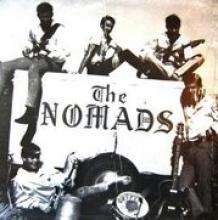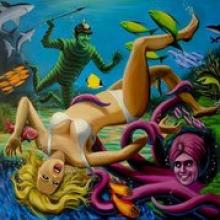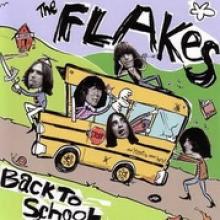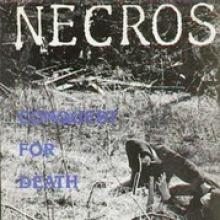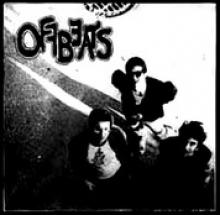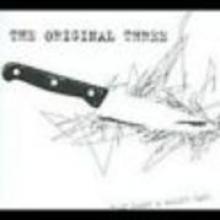The Nomads: Shoulda Kept at It
When mentioning the Piedmont region music enthusiasts will probably immediately begin fawning over the likes of Rev. Gary Davis and Pink Anderson – the later being the namesake of Pink Floyd. But there was music coming out of the region even after those blues players resurfaced during the ‘60s.
Nestled on the boarder of North Carolina, moments away from Virginia, Mount Airy is a town that doesn’t have too much national cache apart from the fact that it supposedly served as a basis for Mayberry, where Andy Griffith Show was to have taken place. And while there’s no way that Mount Airy was as bucolic as its televised representation hinted, there wasn’t a McDonalds around during the better part of the ‘60s. That might be a welcome respite to most of us these days, Larry Deatherage, lead singer and songwriter for the Nomads, decries the fact.
Prior to delving into that band and its history, it needs to be figured that there’re countless bands – then and now – toting around the name of ‘Nomads.’ This North Carolina band, while trucking in frat rock and revved up surf instrumentals, has nothing to do with the Bellevue, Washington based group which moved in roughly the same circles. Deatherage’s band is also completely separate from the Texas group and the ensemble of Europeans functioning under the same moniker today. It’s all a bit too confusing, but communications forty to fifty years ago weren’t quite what they are today.
Anyway, the Nomads, in addition to Detherage comprised Bruce Evans on lead guitar, Mike Badgett on drums, Jerry Martin on bass player and backing vocals with Gary Beeson sitting in on organ, piano and rhythm guitar. That seems like a lot of players for such a small town to have back during the ‘60s, but the Beat Invasion had more than a little bit to do with that.
The group, while becoming a popular live act in its hometown and few neighboring states, recorded in various forms over its career, but is recalled for a specific single. “Thoughts of a Madman” b/w “From Zero Down” isn’t the ensemble’s strongest effort, but perhaps the most melodic. The tracks, compiled on the out of print Crypt disc, lend listeners a glimpse into what else the Nomads got into, though. And while it’s not quite on par with stuff flying outta the Northwest from roughly the same time – ’64-’66 – the Nomads do surpass a good majority of other low profile garage acts and certainly some of the work included on the various Nuggets compilations.
Most rewarding are the two instrumentals included on the Crypt compilation. Both “Exterminator” and “Nomads Theme” add some a surf inflection not found elsewhere in the group’s work. That being said, the two instrumentals still retain the visceral feel of the vocal spiced efforts. And while nothing represented on this compilation made the group stars, the fact that Deatherage is a manager of a restaurant somewhere in North Carolina is a bit disconcerting.
